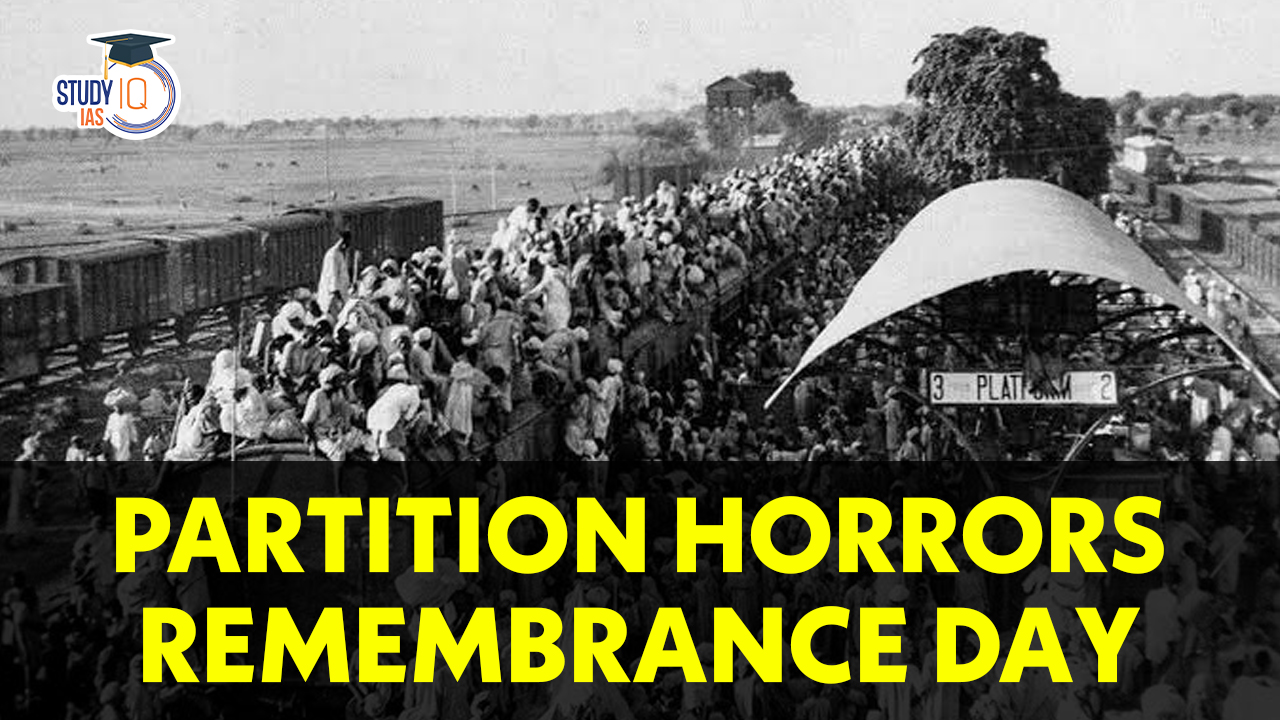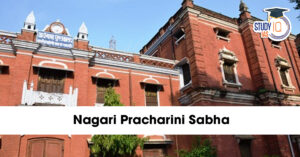Table of Contents
Partition Horrors Remembrance Day, observed annually on August 14, stands as a significant occasion for reflecting on the profound impact of the partition of British India in 1947. Declared by Indian Prime Minister Narendra Modi in 2021, this day serves to honor the memories of those who suffered and lost their lives due to the partition, one of the largest and most tragic migrations in human history. This detailed article explores the significance of this day, its historical context, and the current observances aimed at remembering and educating about this critical event in South Asian history.
Partition Horrors Remembrance Day
Partition Horrors Remembrance Day is observed on August 14 to honor the victims of the 1947 partition of British India. Declared by Prime Minister Narendra Modi in 2021, this day acknowledges the profound human suffering caused by the division, which resulted in over 600,000 deaths and massive displacement. It serves as a moment for reflection and education about the partition’s impact. Nationwide exhibitions and global events aim to commemorate the tragic events while promoting understanding and reconciliation. August 14 also marks Pakistan’s Independence Day, reflecting the complex legacy of the partition and its impact on the region.
Partition Horrors Remembrance Day History
Pakistan likewise celebrates their Independence Day on August 14. On August 14, 1947, India was divided into India and Pakistan. This incident caused rioting, violence, and property damage. It is regarded as the world’s most violent and abrupt relocation because;
| Details | |
|---|---|
| Date | August 14 |
| Established By | Prime Minister Narendra Modi in 2021 |
| Purpose | To commemorate the victims of the 1947 partition of British India |
| Historical Context | Partition led to the creation of India and Pakistan, displacing 20 million people and resulting in over 600,000 deaths |
| Observances | Nationwide exhibitions, educational initiatives, and global events organized by Indian missions |
| Significance | Highlights immense human suffering, promotes reflection and education, and encourages reconciliation |
| Dual Significance | It coincides with Pakistan’s Independence Day, reflecting the complex legacy of the partition |
- After World War II, Britain wanted to get out of India as quickly as possible since its own health was failing. Earlier, Lord Mountbatten, the governor-general, had hoped to have India independent by June 1948. But he made the choice to move the date up.
- Cyril Radcliffe was chosen to redraw the borders between Pakistan and India. He had never been to India before, and as a result, new nations’ borders were drawn hastily and without thought.
- Due to governmental change and significant community unrest, it ultimately resulted in the “horrors of Partition”.
- As a result of this tragedy, between 10 and 20 million people were displaced, and about 2 million people died.
The Indian government decided to observe “Partition Horrors Remembrance Day” on the same day as “Holocaust Remembrance Day” to honour this. The goal of commemorating such days is to look back on them and draw lessons from them in an effort to prevent similar occurrences in the future. Additionally, it aspires to respect victims’ memories.
Pakistan Independence Day
Pakistan Independence Day is celebrated annually on August 14, marking the country’s independence from British rule in 1947. The day commemorates the establishment of Pakistan as a separate Muslim-majority nation following the partition of British India. Led by Muhammad Ali Jinnah, Pakistan’s independence symbolized the fulfillment of a long-standing demand for a homeland for Muslims in the subcontinent. Celebrations include flag hoisting, parades, and cultural events across the country, reflecting national pride and remembrance of the sacrifices made during the independence struggle. August 14 is a day of patriotism, unity, and reflection for the people of Pakistan.
Significance of Partition Horrors Remembrance Day
Partition Horrors Remembrance Day serves several critical purposes:
- Commemoration of Suffering: The day provides an opportunity to honor the memory of those who lost their lives and suffered during the partition. It acknowledges the profound personal and collective pain experienced by millions.
- Education and Awareness: The observance aims to educate the public about the historical context and consequences of the partition. By raising awareness, it helps ensure that the lessons from this period are passed on to future generations.
- Fostering Reconciliation: Recognizing the human cost of the partition encourages dialogue and reconciliation. It promotes understanding and respect among diverse communities and serves as a reminder of the need for unity and healing.
Government and Community Initiatives
To mark Partition Horrors Remembrance Day, various initiatives are undertaken:
- Nationwide Exhibitions: The Indian government, through the Ministry of Culture, organizes exhibitions featuring curated photographs and historical documentation. These exhibitions are displayed in prominent locations such as railway stations, post offices, and government offices. The exhibitions aim to provide a respectful and educational overview of the partition’s impact.
- Global Observances: Indian missions abroad also participate in the commemoration. For instance, the High Commission of India in Ottawa, Canada, and the Consulate General of India in Sydney, Australia, have hosted photo exhibitions. The High Commission of India in London has similarly organized events to honor the victims and educate the public about the partition.
The Dual Significance of August 14
August 14 holds dual significance in the context of the partition. In India, it is observed as Partition Horrors Remembrance Day, while in Pakistan, it is celebrated as Independence Day. The creation of Pakistan marked the emergence of a new Muslim-majority state, and August 15 is recognized as India’s Independence Day. This dual observance highlights the complex legacy of the partition and reflects the diverse experiences of those affected.
Lessons for the Future
Partition Horrors Remembrance Day is not only about reflecting on past events but also about learning from them. Key lessons include:
- Acknowledging Historical Injustices: Understanding and acknowledging past injustices help foster empathy and reconciliation. It provides a basis for addressing historical grievances and promoting social cohesion.
- Promoting Unity and Respect: The day encourages respect for diverse communities and underscores the importance of unity. It serves as a reminder of the need to bridge divides and build a more inclusive society.
- Preventing Future Conflicts: By learning from the partition’s impact, societies can work towards preventing similar tragedies. Education and awareness play a crucial role in fostering a culture of peace and harmony.
Conclusion
Partition Horrors Remembrance Day is a vital occasion for remembering the tragic events of the 1947 partition and honoring the memory of those who suffered. Through government initiatives, community events, and global observances, the day ensures that the lessons of the partition are remembered and learned. As India and Pakistan reflect on their shared history, Partition Horrors Remembrance Day stands as a powerful reminder of the need for empathy, reconciliation, and respect for the collective memory of the Indian subcontinent.


 Revival of Machilipatnam Port in Andhra ...
Revival of Machilipatnam Port in Andhra ...
 Nagari Pracharini Sabha Revival: Backgro...
Nagari Pracharini Sabha Revival: Backgro...
 Ryotwari System in India, Features, Impa...
Ryotwari System in India, Features, Impa...





















